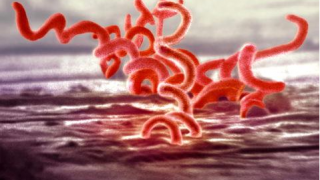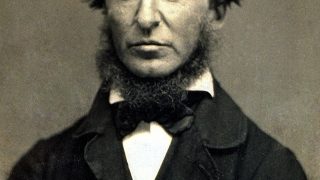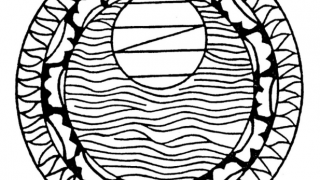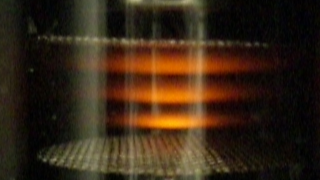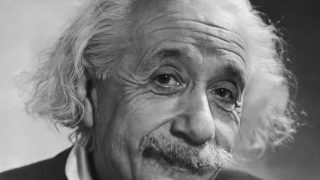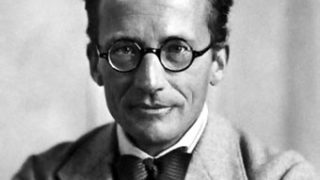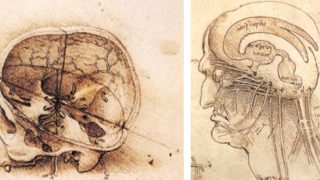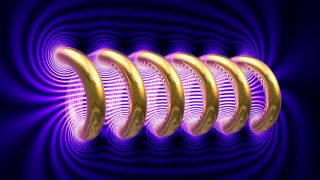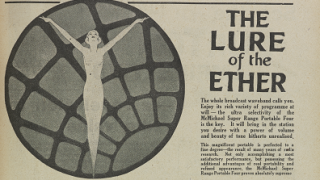
Æther and Modernity. The recalcitrance of an agonising epistemic object.
In 1951, the physicist Paul A.M. Dirac called for the re-introduction of the æther in an oft-quoted letter to Nature. His was an attempt to resuscitate an epistemic object that most scientists at the time, as much as today, judged to be dead and buried. By using the old-fashioned spelling, Dirac was making a statement […]
